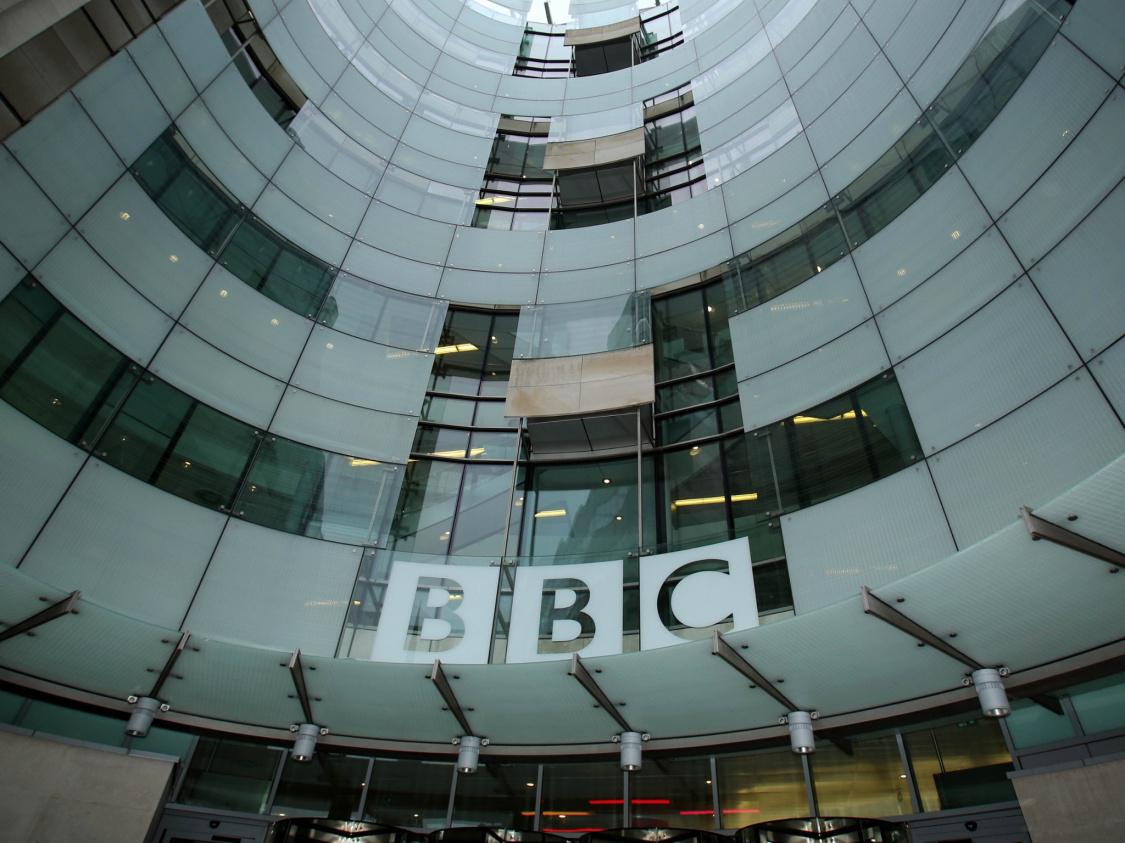THE BEEB FACES A DIFFICULT YEAR WITH THE CONSERVATIVE GOVERNMENT
With the general election over in respect of primary political issues, stock is now being taken of other national matters that are likely to be under review in the coming years. Among these is the future of the BBC -- not just a question of how you run and finance any old radio and TV operation, as many people would like to treat it, but a review of how one of Britain’s outstanding achievements in information, education and entertainment can be strengthened and protected from commercial interests.
The immediate debate is likely to be over whether the BBC is politically biased or “scrupulously impartial” as its head of news, James Harding, claimed at the Voice of Listener and Viewer conference in London last week.
Harding, a former editor of The Times, said that he had been “astonished by the ferocity and frequency of complaints” over the BBC’s election coverage and by pointed reminders that the Charter and funding of the BBC would be coming up for review next September.
According to Harding, “Labour was angry about the focus on the Scottish National Party, Nigel Farage wanted to cut two thirds of the BBC income, the Tories regularly questioned the running order of news and editorial decisions, the LibDems felt they were not getting sufficient air time, the Greens complained that they were being treated like a protest movement not a party, and the SNP detected a metropolitan London bias.”It might be argued that the spread of complaints across all the competing parties proves Harding’s claim that the BBC is politically impartial.
That is also often the majority opinion of its listeners and viewers in opinion surveys. But Harding is right to be concerned that the parties did not hesitate to link the BBC’s future to dissatisfaction with its coverage of their campaigns.
That concern has now narrowed down to what the Conservatives are likely to propose when they engage with the BBC over the renewal of its Charter and licence fee. He made a point in his speech of welcoming John Whittingale as the government’s new Media minister as “someone who knows the media” but he will have been less pleased by Whittingdale’s description last week of the licence fee as “regressive” in the sense that it is unfairly costly for poorer people. To the contrary it is exceptionally good value for money if one thinks of the amazing range of programmes that the BBC offers for little more than the cost of a daily newspaper.
The reality is that the Conservative party is under huge pressure from national and local newspapers, other TV and radio and film companies and a host of marginal media people who want a cut of the BBC’s income, audience and reputation. While many of them do good work and should be recognised for it the BBC’s incomparable international status should not be affected in any way.
BIAS BOTH WAYS
Fraser Steel is not a well-known BBC name but as head of its editorial complaints department he is in the firing line of criticism of the BBC, especially during elections and other political turmoils. One of the problems about these complaints is how general they are, quoting broad bias but seldom giving chapter and verse of the alleged offence.
An interesting example of the trouble the BBC will go to to deal with a complaint if it has the detail came to light last week.
The Israeli government and its supporters are frequent complainants about BBC bias against it. In this case, however, it was the UK-based Palestinian Solidarity Campaign which raised the issue of an interview on the flagship Today radio programme in which the Israeli defence minister Moshe Ya’ alon was questioned by Today’s long-serving Sarah Montague.
The complaint was that she “failed to challenge the minister on several controversial statements” on a programme known for its sharp questioning of ministers.
After investigation the complaint Mr Steel wrote to the Palestinian Solidariry Campaign that “Mr Ya’ alon was allowed to make several controversial statements without any meaningful challenge and the programme makers have accepted that the interviewer ought to have interrupted and questioned him on his assertions.” Steel also said that there were “some mitigating production circumstances but the result was that the output fell below the BBC’s standards of impartiality.” The complaint was upheld.
There are lessons in this little story for all who think the BBC is rather arrogant and does not take much trouble over criticism.
Given the facts it will look into the matter and admit when it has made a mistake even in its most prestigious programmes.


No comments
To be able to write a comment, you have to be registered and logged in
Currently there are no comments.